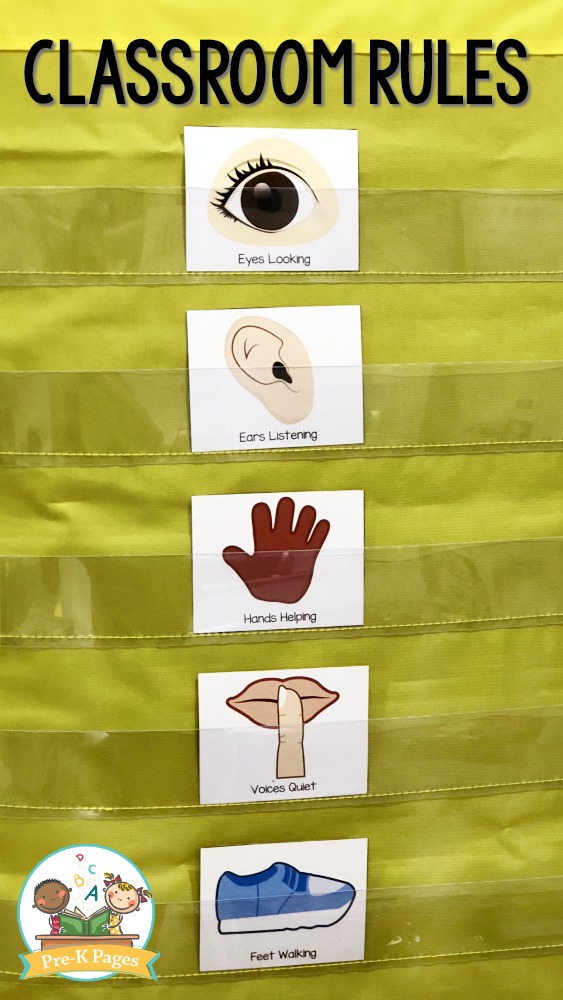


Montessori students may not memorize as many facts, but they do tend to become self-confident, independent thinkers who learn because they are interested in the world and enthusiastic about life, not simply to get a good grade. They have a very different set of priorities from traditional schools, and a very low regard for mindless memorization and superficial learning. Montessori schools work to develop culturally literate children and nurture their fragile sparks of curiosity, creativity, and intelligence. Children are as gifted, curious, and creative as they ever were, when they're working on something that captures their interest and which they have voluntarily chosen to explore. They typically want teachers to hand them the "right answer." The problem isn't with today's children, but with today's schools. They coast through school, earning high grades, but rarely pushing themselves to read material that hasn't been assigned, ask probing questions, challenge their teacher's cherished opinions, or think for themselves. Recent studies show that many bright students are passive learners. But in all too many traditional and highly competitive schools, students memorize facts and concepts with little understanding, only to quickly forget them when exams are over. From this perspective, a school only exists to cover a curriculum, not to develop character and self-esteem. Normally, Americans think of a school as a place where one generation passes down basic skills and culture to the next. The Montessori approach is often described as an "education for life." When we try to define what children take away from their years in Montessori, we need to expand our vision to include more than just the basic academic skills.


 0 kommentar(er)
0 kommentar(er)
